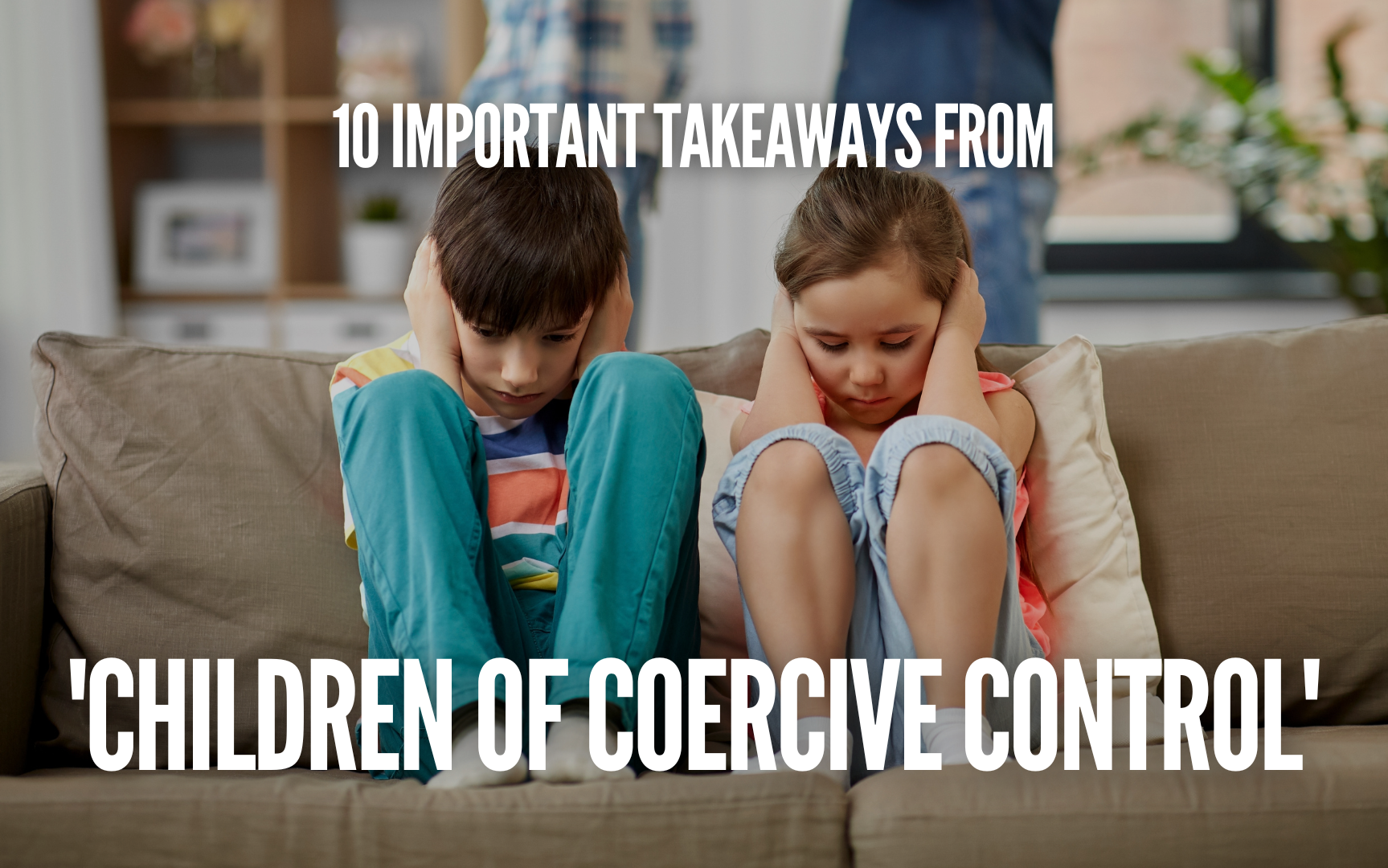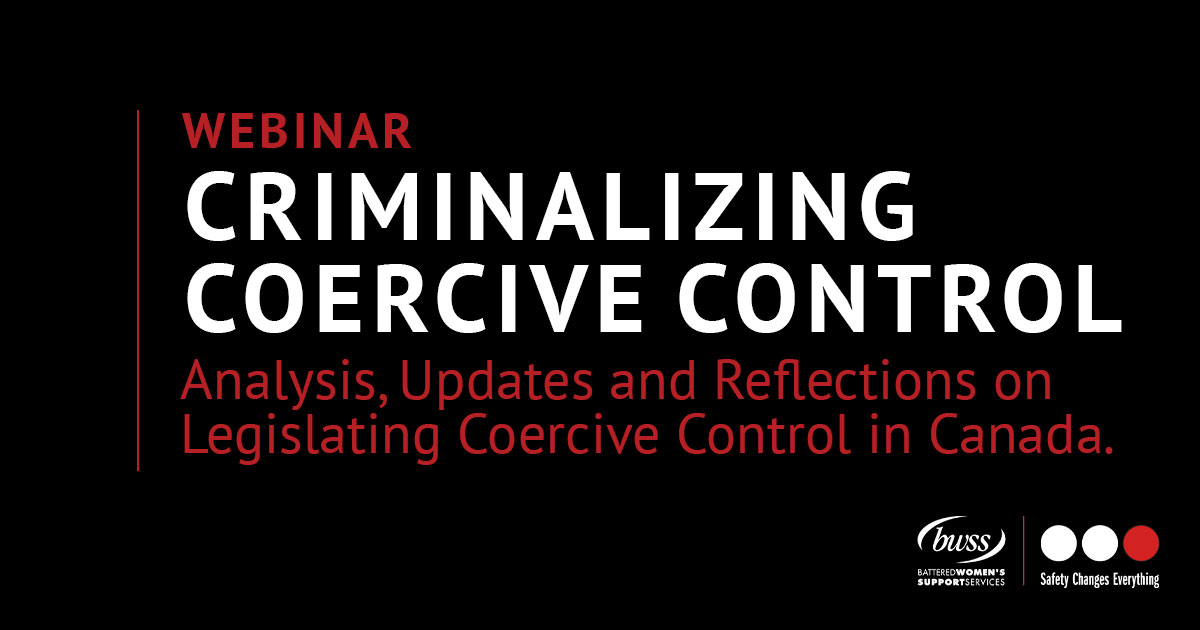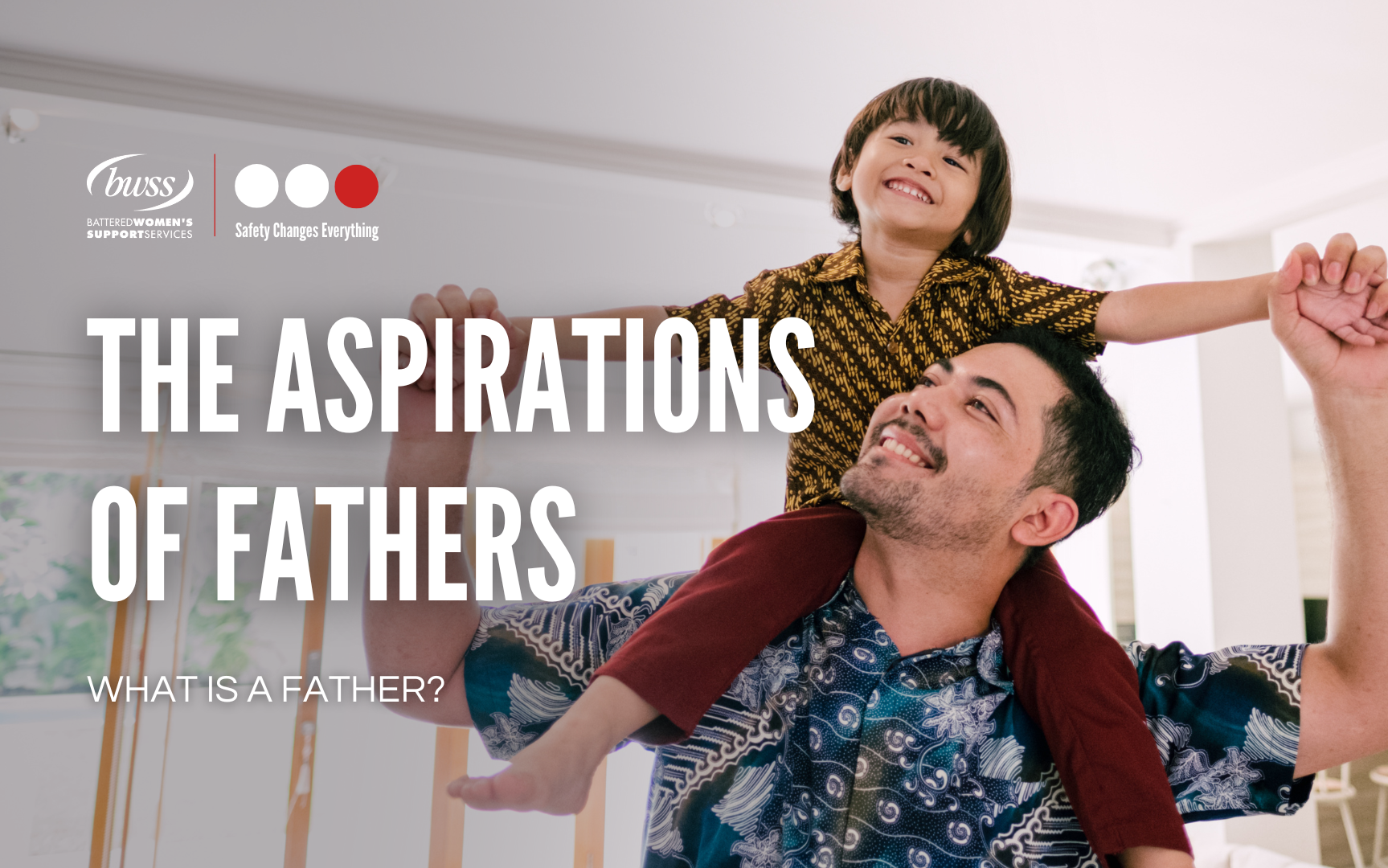Evaluation: Criminalizing Coercive Control Webinar
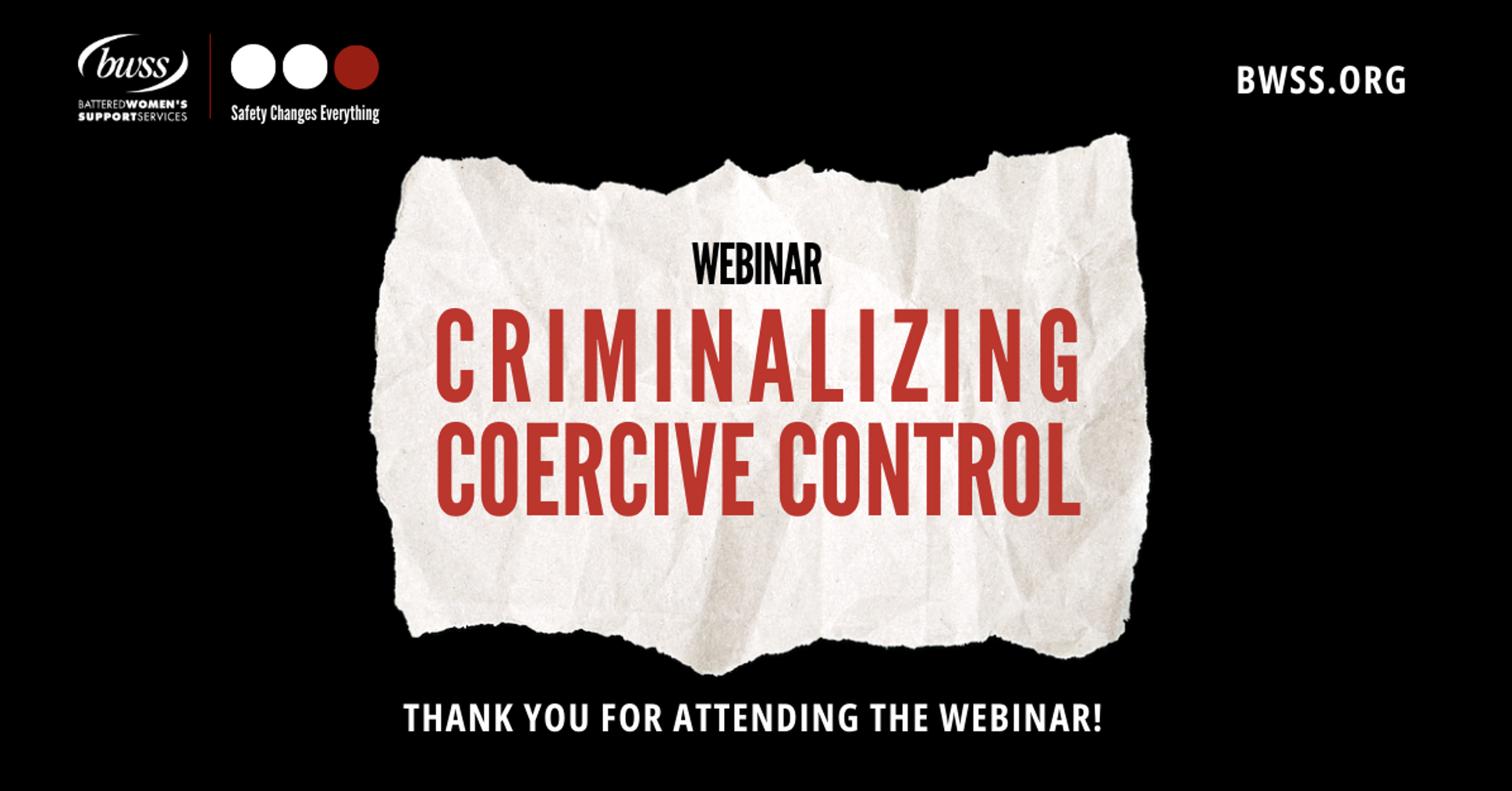
Thank You for Attending the Criminalizing Coercive Control Webinar!
Thank you for registering and joining us for the recent webinar on Criminalizing Coercive Control. We appreciate your participation and hope you found the session informative and engaging.
We value your feedback and strive to improve our webinars continually. We kindly request that you take a few minutes to complete our survey and share your thoughts on the event. Your feedback is important in helping us improve future webinars.
Criminalizing Coercive Control Webinar Evaluation
We would also like to extend our heartfelt thanks to the panelists & moderator for their valuable contributions:
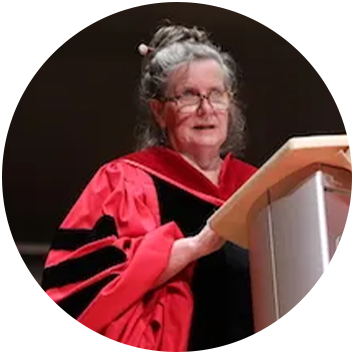
Pamela Cross
Canadian feminist lawyer and women’s advocate

Emilie Coyle
Executive Director
Canadian Association of Elizabeth Societies
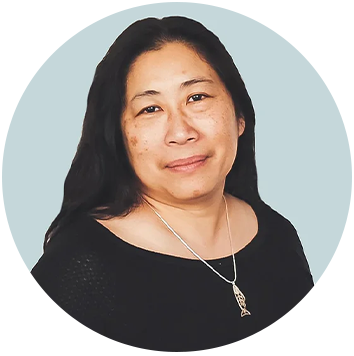
Agnes Huang
Family Lawyer

Deepa Mattoo
Barrister and Solicitor
Executive Director, Barbra Schlifer Commemorative Clinic
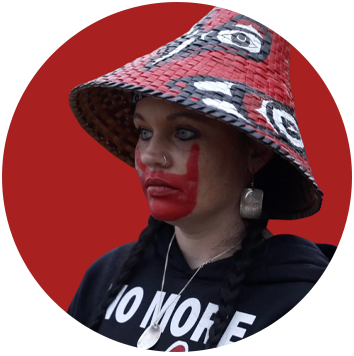
Summer Rain
Manager, Justice Centre at BWSS
Moderator
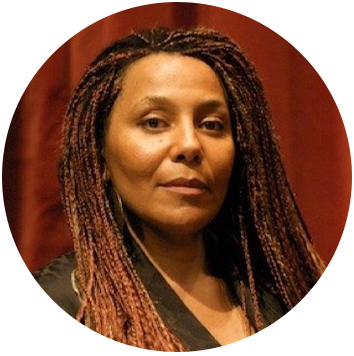
Angela Marie MacDougall
Executive Director
Battered Women’s Support Services

